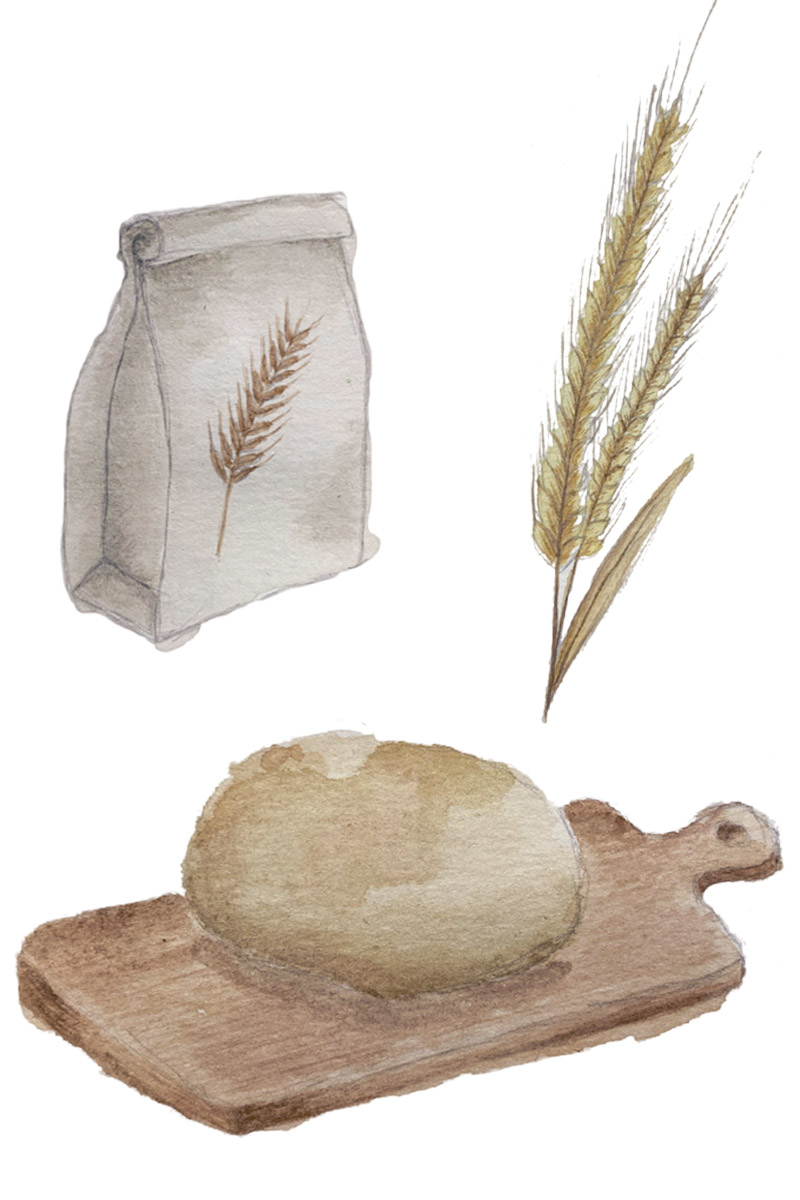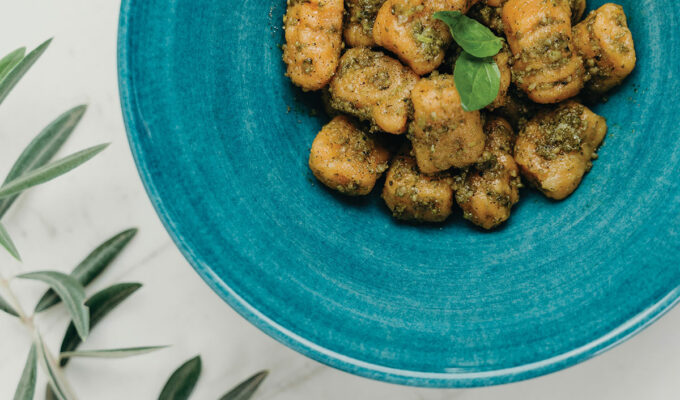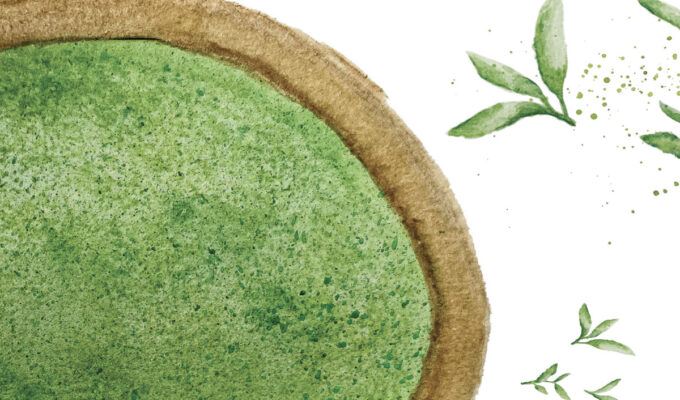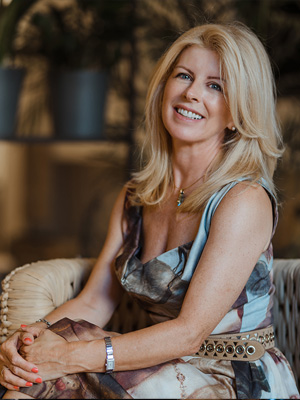 Sourdough utilises an ancient form of bread leavening, thought to have originated in ancient Egypt around 1500 B.C. The difference when compared to your conventional loaf, is that rather than adding commercial yeast to leaven the dough, sourdough relies on a mix of wild yeast and lactic acid bacteria found naturally in the flour. Lactic acid is what’s also present in gut-loving foods like sauerkraut, kimchi, kefir and yoghurt.
Sourdough utilises an ancient form of bread leavening, thought to have originated in ancient Egypt around 1500 B.C. The difference when compared to your conventional loaf, is that rather than adding commercial yeast to leaven the dough, sourdough relies on a mix of wild yeast and lactic acid bacteria found naturally in the flour. Lactic acid is what’s also present in gut-loving foods like sauerkraut, kimchi, kefir and yoghurt.
What’s in a sourdough?
A true sourdough has only 3 ingredients: flour, water and salt (and some careful tinkering with time and temperature). The mix of these, including the naturally present wild yeast and bacteria, is called a starter. During the bread-making process, the starter ferments the sugars in the dough, which helps the bread to rise, creating air pockets, that fluffy texture, and a characteristic tangy flavour.
It’s easy on the tummy
Compared to unfermented types of bread, sourdough acts as a prebiotic, feeding the “good” bacteria in your intestines which is great for your digestive system. A lower glycemic index means sourdough is less likely to spike blood sugar levels, and lower levels of phytate (an antinutrient) allow for better mineral and nutrient absorption. It also has less gluten, which can be helpful for people with sensitivities.
Find yourself a loaf
Beware, not all store-bought sourdough is made using the traditional long fermentation method necessary for any health benefits. We recommend going straight to the artisans producing top-notch sourdough, and luckily, we have quite a few here in Mallorca.
- Seawater Sourdough – Carrer del Torrent, 4, Palma (available exclusively upon request)
- Forn de Barri – Carrer de sa Lluna, 60, Sóller
- Pan de Mar – Carrer Ample de la Mercè, 26, Palma
- UCO Bakery – Carrer de Berenguer de Sant Joan, 1, Palma
- Palma Bread – Plaça del Progrés, 14, Palma & Joan Miró, 338, San Agustin
- Thomas Bakeshop – Carrer d’Anníbal, 24, Palma
- LAROTI Micropanadería – C/ Convent, 15, Campos
Text by Ché Miller




